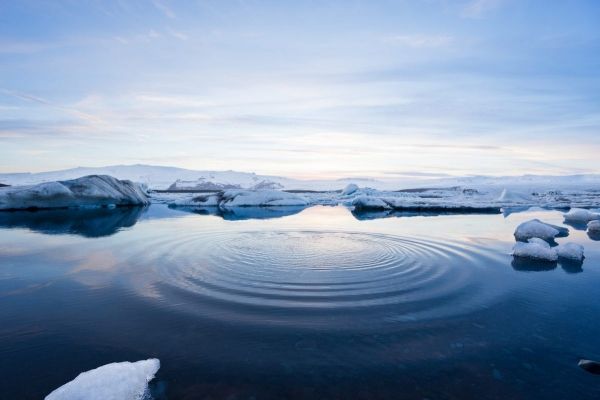Plastic pollution in the oceans has become an important societal problem, as plastics are the most common and persistent pollutants in oceans and beaches worldwide. In the common imagination, plastic waste is often associated with bottles drifting in the ocean, fishing gear washing up on beaches or plastic bags that turtles mistake for jellyfish and eat.
But those larger particles are just the tip of the iceberg. Smaller particles are also an important part of the problem. Plastic particles smaller than five millimetres are called microplastics. They may originate from deliberate design (such as cleaning agents or personal care products), breakdown of larger pieces of plastic or microfibers from textiles.
The impact of microplastics on the environment and human health is still being studied.
f people assume the Arctic environment is unaffected by what humans discard into the oceans, they are wrong. The pristine waters of the Arctic Ocean are under silent threat by those particles as they drift along with the ocean currents over long distances.
Continue reading at University of Manitoba.
Image via University of Manitoba.


